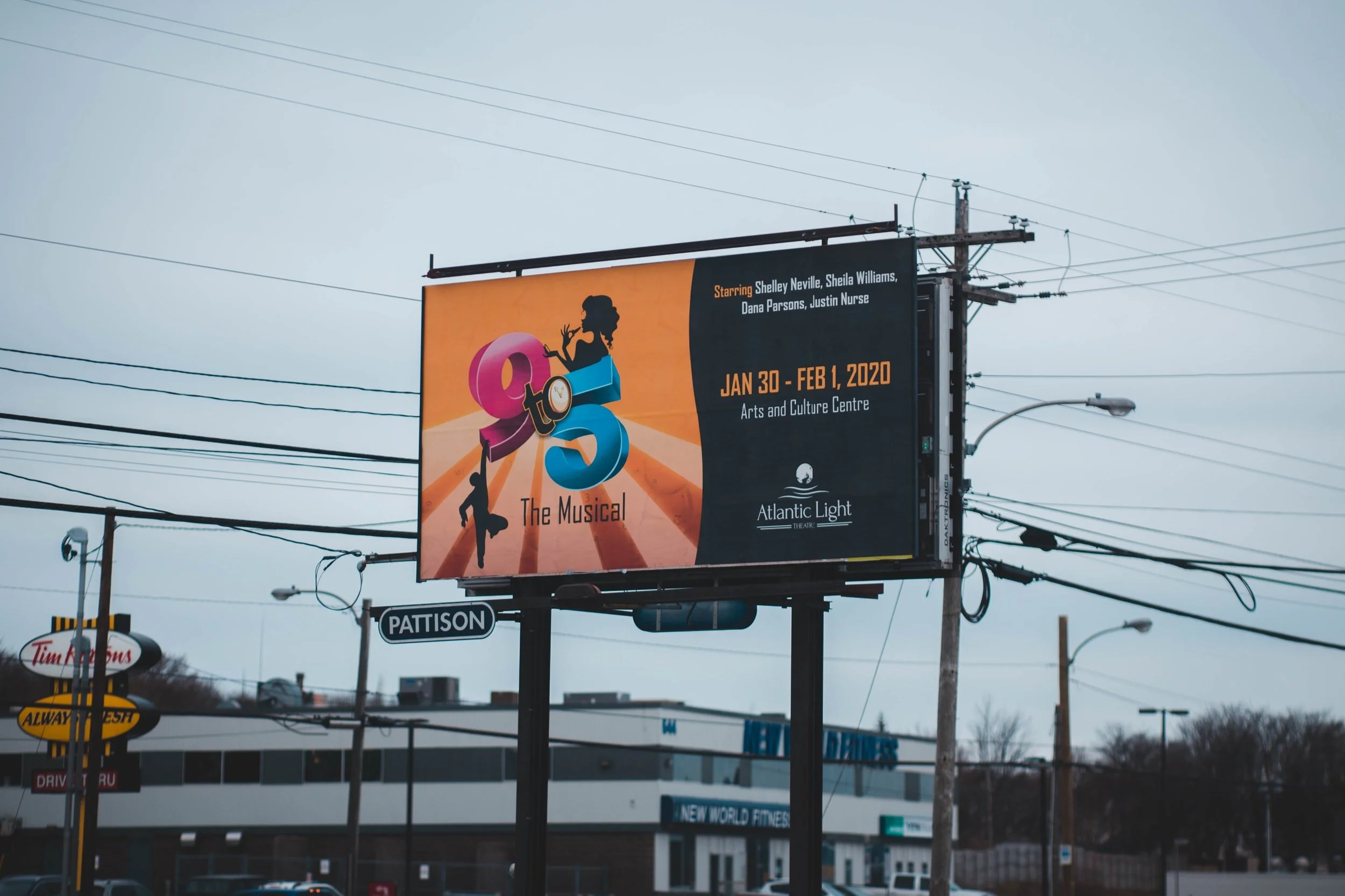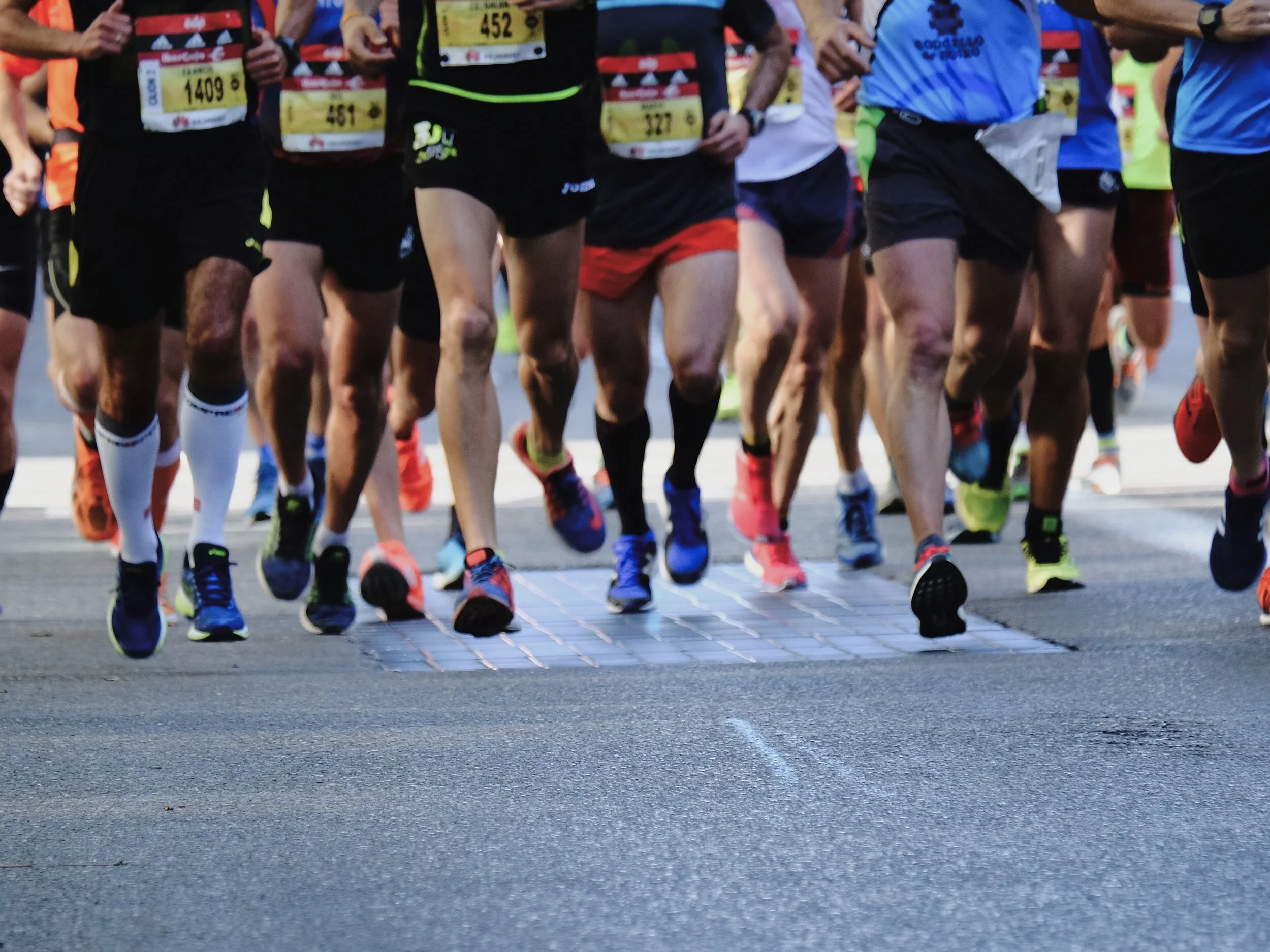Supreme Court hears Texas Billboard case today
The ruling for the hearing could set a precedent for sign regulations.
Credit: Royalty image provided by Erik Mclean, @introspectivedsgn.
The ruling for the hearing could set a precedent for sign regulations.
Supreme Court justices’ today heard oral arguments about a First Amendment case that challenges Austin city billboard rules.
The case before the court, City of Austin, Texas v. Reagan National Advertising of Austin, Inc., concerns legislation that bans digital billboards over the issue of billboards on commercial property vs on public streets and roads. The case also concerns general questions regarding free speech.
In 2017, the two advertising companies Reagan National Advertising of Austin and Lamar Advantage Outdoor Company sued the city of Austin, Texas for denying 84 applications that would allow them to convert existing static billboards into digital billboards, billboards that display digital images changed by a computer every few seconds.
The city denied the applications that billboards are ugly and distracting to drivers.
Austin, Texas, is one of 350 cities and towns in Texas to enact bans on digital billboards along highways in 2014 as part of the Highway Beautification Act, which called for the removal of certain types of signs along the nation’s interstate highways, according to NPR. Austin also enacted bans on digital billboards to avoid distractions for highway drivers.
Chief Justice John Roberts suggested during questioning that in this case digital billboards could disturb the Highway Beautification Act.
Billboards have free speech rights?
The issue presented before the court today addressed whether Austin’s city code distinction between on-premise signs, which would include businesses and other places of private property, and off-premise signs is unconstitutional in regards to a precedent set by the 2015 Supreme Court case Reed v. Town of Gilbert.
The 2015 Supreme Court case held that the sign legislation restriction in Gilbert, Arizona violated the petitioners First Amendment rights.
Jared Carter, associate director for the Cornell Law School First Amendment Clinic, said most people typically do not think of billboards when it comes to free speech rights. He said that billboards can be used for political speech, advertisements, etc. and while it’s not someone speaking, that speech is protected under the First Amendment.
The central questions from the Justices’ today focused on the distinction between content based speech and what they referred to as "content neutral" speech. Content-neutral speech regulation controls speech based on the form it takes, this also includes time, place and manner restrictions. Billboards could include restrictions on the size, shape or digital manner of signs. Content-based speech regulations restrict the specific kinds of messages on billboards.
The Justices’ questions additionally focused on whether the digitization ban survives strict scrutiny––the highest standard of review that a law needs to meet in order to be passed.
Carter said the question of the level of scrutiny in this case is “legally wonky.”
“Really what it boils down to is how much flexibility is the Supreme Court going to give cities and towns when it comes to regulating billboards and signage within their communities,” Carter said.
Carter said he thinks this case could clarify what the “rules of the road” are in signage law and pending on who wins, there could be major implications across the entire country.
The Court is expected to release the ruling for this hearing in the spring.
Supreme Court Justices hear arguments to reinstate death penalty for Boston Marathon Bomber
Contention has surrounded Dzhokhar Tsarnaev ever since the U.S. Court of Appeals for the 1st Circuit vacated his death sentences last year.
Credit: Royalty image provided by Miguel A. Amutio, @amutiomi.
Contention has surrounded Dzhokhar Tsarnaev ever since the U.S. Court of Appeals for the 1st Circuit vacated his death sentences last year.
The U.S. Supreme Court heard arguments today on whether or not the death penalty should be reinstated for 28-year-old Boston Marathon Bomber Dzhokhar Tsarnaev.
Arguments focused on whether the U.S. Court of Appeals for the 1st Circuit erred in vacating Tsarnaev’s capital punishment and whether or not the district court committed reversible error at the penalty phase of Tsarnaev’s trial.
Following the deadly bombing on April 15, 2013, then 19-year-old Tsarnaev was convicted and sentenced to death in 2015. He was found guilty on all 30 counts, including six death sentences and 11 life sentences, regarding his role in the marathon bombings that killed three people and injured hundreds.
On the day of the 2013 Boston marathon, Tsarnaev and his brother Tamerlan placed two homemade pressure cooker bombs, 210 yards apart, near the finish line. The bombs detonated at 2:49pm, killing three people including an 8-year-old boy and injuring 264 others, 17 of whom lost limbs.
The Court of Appeals in the 1st Circuit overturned Tsnarnaev’s death penalty last year on the grounds that the district court did not ask prospective jurors for specific accounting of their pre-trial media exposure.
The U.S. Department of Justice then filed a petition in October of 2020 seeking the Supreme Court's review of the ruling. The Court agreed in March to hear the government's appeal.
The impact of Tsarnaev’s older brother
Arguments focused on Tsarnaev’s late brother Tamerlan and the evidence that was omitted from Tsarnaev’s trial in the federal district court of Massachusetts.
Tsarnaev’s Attorney Ginger Anders argued that the district court violated the Eighth Amendment, which states that no cruel or unusual punishment should be inflicted, by excluding evidence from the 2011 Waltham, Mass. murders, where Tamerlan was the primary suspect. Anders believes this evidence represents the influence Tamerlan had on Tsarnaev and had it been presented, it could have reduced his punishment.
“More evidence should come in at the capital punishment phase, not less,” Anders said.
U.S. Deputy Solicitor General Eric Feigin argued the opposite. He said he thinks that introducing that evidence in the trial would have been inappropriate and invited a “comparison game.”
“The jury was supposed to be focused on respondent not on something Tamerlan had done two years earlier that was a quite different crime,” Feigin said.
Mixed feelings from first responders, victims, families
Some of those directly impacted by the 2013 marathon bombing are split on reinstating Tsarnaev’s death sentence.
Prior to the hearing, medical personnel from Boston Children’s Hospital who were 15 yards away from the bomb, offered their thoughts.
Dr. Lyle Micheli, orthopedic surgeon said that if the law determines Tsarnaev’s capital punishment should be reinstated then he would agree but he doesn’t have a firm stance just yet.
Brian Fitzgerald, program and community partnership manager and athletic trainer for the Sports Medicine Division, said he originally wasn’t a big fan of the death penalty, but his trauamtic experience that day changed his mind.
“Stepping into that area, it was like stepping into another world or hell basically,” Fitzgerald said. “The smoke, the smell of blood.”
He said he thinks Tsarnaev does deserve the death penalty.
After the hearing, Elizabeth “Liz” Norden, whose two sons lost both of their legs as a result of the bombing, said she is very much for the reinstatement of Tsarnaev’s death penalty.
She said she doesn’t feel that he was influenced by his brother at all.
“He looked around, saw very young children and people of all different ages and he stood there and he walked away and he put it off,” Norden said. “I don’t think he was influenced by anybody to be quite honest with you.”
Norden said that she carries the day of the bombing with her constantly, everyday when she watches her sons put their legs on and for her, she doesn’t feel Tsarnaev sitting in prison is a fair punishment.
“As a parent for my two sons, that’s what I feel,” Norden said.
The justices weighed both sides of the arguments for reinstatement of capital punishment Tsarnaev but their opinion will not be released until spring of 2022.



